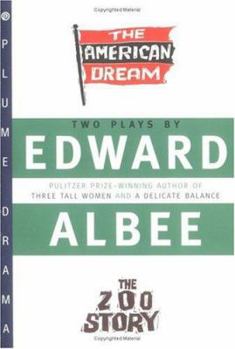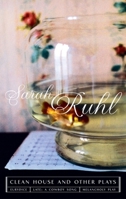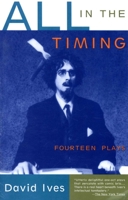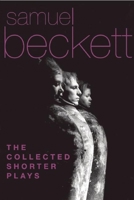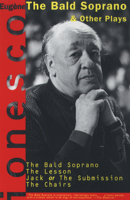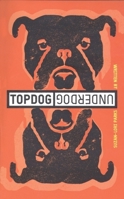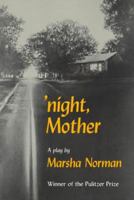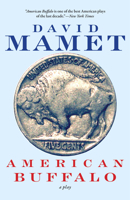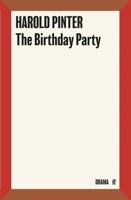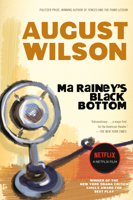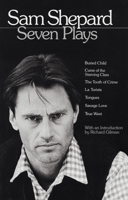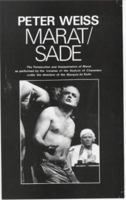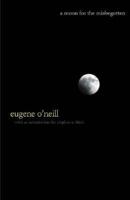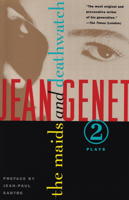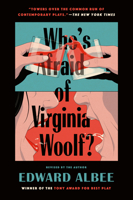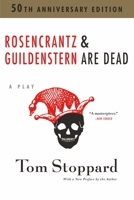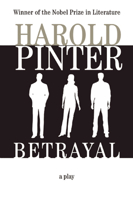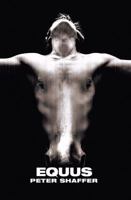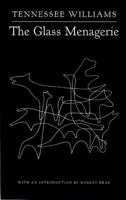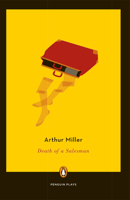The American Dream and Zoo Story
Select Format
Select Condition 
Book Overview
You Might Also Enjoy
Customer Reviews
Rated 5 starsnot into plays neither am i
well at least i thought i wasnt. but these two plays are very easy to read and i think theyd also be brilliant to see if only i got the chance. edward albee, pretty much the only playwright i like so far. but he makes me give the area a chance. these two are a great way to get into him and into plays in general.
0Report
Rated 5 starsA theatre MASTER piece
These plays are modern classics. Albee has an interesting view of our modern word (especially the american way of life) and expresses it really good in his theatre plays. Zoo story specially is a 'must do it' play for all the actors
0Report
Rated 5 starsEarliest and the Best
These are the two of the three plays ("Virginia Woolf") that will go down in theater history as Albee's contribution to the stage. The others may not make it. Both of these plays capture Albee at his rebellious best, just in from Westchester County where he had been living the country club life with his adopted parents, and now living in Greenwich Village. "The American Dream" captures the world of his parents, while "Zoo...
0Report
Rated 5 starsAlbee's Earliest
An unqualified genius with language, Edward Albee has a fair claim to being the USA's most important living playwright, though most would give the nod to Arthur Miller. *The Zoo Story* and *The American Dream* are among Albee's first plays, and both dabble in the absurdism that defines his work. The plays are very different from each other: *The Zoo Story* is a more serious play that builds slowly toward the inevitable,...
0Report
Rated 5 starsMystical Animals in America
Zoo Story There is something unique about the works of Edward Albee, a kind of mood, or wry-but-not-entirely-dry attitude, one recognizes but can't quite put his finger on. This "story" of a suburbanite with two daughters minding his own business on a park bench who is accosted by a poorer but somehow wiser man who has been at the zoo was Edward Albee's first play to be seen by the public. Dating from 1958, the one-act play,...
0Report











